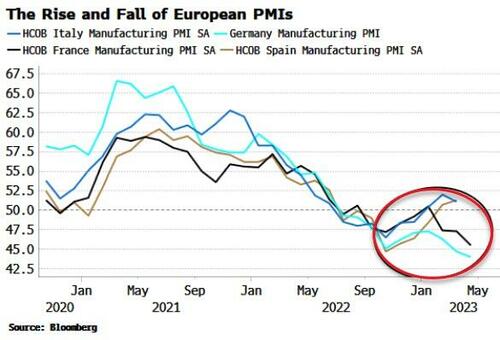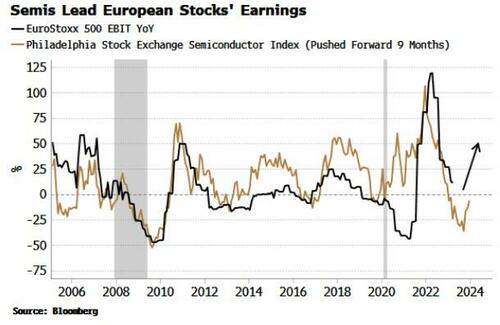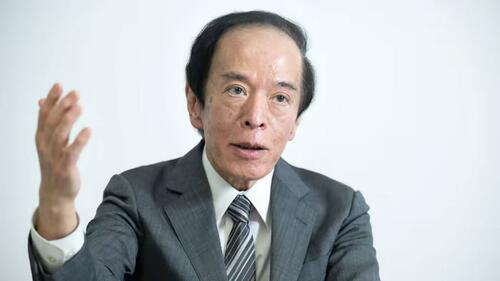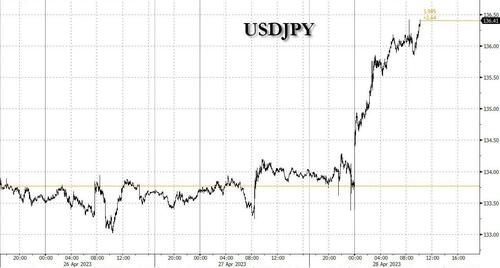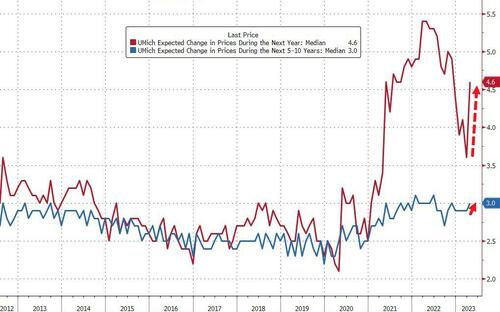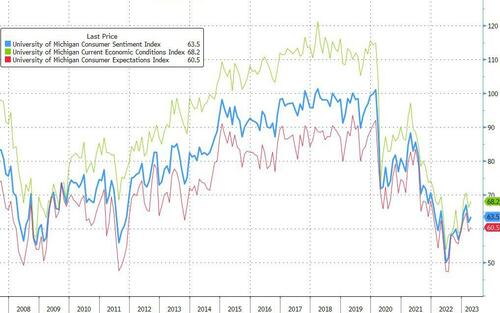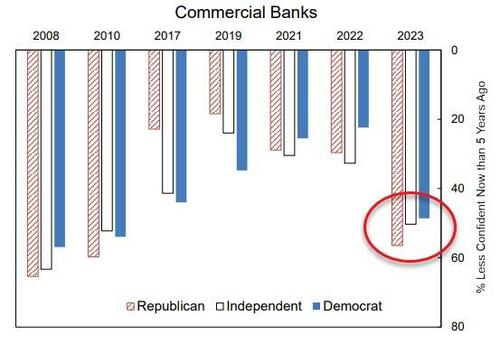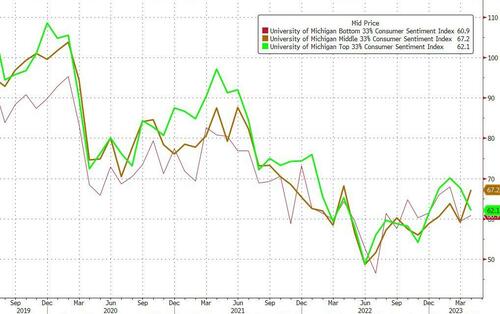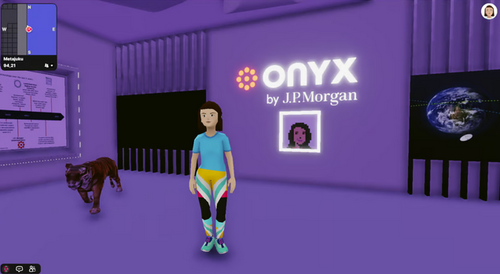Citizenship By Investment (CBI) programs – and the European ones, in particular – have come under mounting pressure from Brussels in recent years. Yet occasionally, new programs still come online. Egypt’s Citizenship By Investment (CBI) program has been in existence since March of 2020. But is it worth considering?
In today’s episode, we find out…
How attractive is Egypt’s Citizenship By Investment program in 2023?
Before we get into today’s topic, it has to be said…
There is a massive difference between having a CBI program, and having a CBI program that actually works. The five Caribbean CBI programs typically run like clockwork.
And if you work with Sovereign Man’s trusted suppliers in Turkey, you should have a seamless experience there too. But in places like North Macedonia? Not so much.
And if you risked it in Vanuatu, you’ll now be the proud owner of a very expensive, bright green booklet that doesn’t get you into the EU.
(NOTE: Grenada CBI applicants experienced some temporary delays around mid-2021 due to a dispute between the government and one of the country’s flagship CBI property developers. But according to a trusted supplier on the ground, applications there are once again running smoothly.)
So whenever a new program launches, we first take a wait-and-see approach, and obtain credible feedback from our network before reporting on it.
But with that said, let’s take a look at Egypt’s CBI program, which recently turned three years old…
The Egyptian CBI program at a glance
In March 2020, Egypt enacted its brand-new Citizenship By Investment program, with a donation amount starting at $250,000, and a real estate investment option starting at $500,000.
Back then, the program did not strike us as particularly attractive.
Neighboring Turkey offered a much better deal, requiring applicants to invest only $250,000 in any property in the country.
And besides the lower investment threshold, the Turkish passport beats the Egyptian one as a travel document (C-grade versus D-grade).
And Turkey is arguably much more livable than Egypt… if you ever decide to live in either of these places.
So two years ago, Turkey was the clear winner.
But since then, two things have happened that altered this comparison to some degree:
Turkey increased its real estate-related threshold to $400,000, and
Egypt has lowered its investment and donation requirements.
On March 7, 2023, Decree 876/2023 introduced various changes to the Egyptian CBI program.
Here are the current investment requirements…
Egyptian CBI: The current investment options at a glance
Donation of $250,000. The amount did not change, but applicants can now pay the sum in installments over one year. During that year, applicants receive temporary residence permits, and only receive citizenship after paying the amount in full.
Real estate investment of $300,000 (down from $500,000), plus a $100,000 non-refundable donation to the Egyptian Treasury. Applicants can pay in installments over one year.
However, as a rule, only new, government-owned property qualifies. And you will need to hold the property for at least five years. (In Turkey, you can buy anything you want, including secondhand properties. More on this below.)
A bank deposit of $500,0000 with a holding period of three years. After the holding period, applicants can withdraw the money in Egyptian pounds at the current exchange rate and with no accrued interest.
A capital investment of $350,000 (down from $400,000), accompanied by a $100,000 donation. Also, there is no longer a requirement to own at least 40% of a company’s shares. This means applicants can invest in any Egyptian company, whether established or new.
Did these changes make the program more attractive? Not really.
In our opinion, the donation option is still overpriced – it’s at least twice what CBI programs in the Caribbean charge for a much better passport.
And the bank deposit option is an almost-guaranteed way to lose money. (The Egyptian pound undergoes periodic devaluations against the US dollar.)
The only investment option that piques our interest is the property route – albeit with a couple of caveats.
Given the shift to government owned properties only, the argument that Egypt’s burgeoning population growth will drive up residential property prices may become largely irrelevant.
Also, considering Egypt’s history of political instability, coup d’etats, economic crisis and currency devaluations, the Egyptian property market will likely still see plenty of turmoil in the years to come.
And in the past ten years, the inflation-adjusted local property prices have decreased by 50%.
So based on all of the above, we are of the opinion that the Egyptian CBI could arguably make for an interesting longer term real estate play… provided that you have hair on your teeth, and that you are willing to hang on to it for substantially longer than the minimum five-year lock in period.
Additional factors to consider
We contacted one of the leading Egypt-based service providers for more details about the latest round of program changes.
They confirmed that:
- Generally, only new projects qualify, and
- Developers must be government-owned.
In addition, if you want to sell your property before the five-year hold period is over – but still want to keep your citizenship – you must donate $250,000 to the Egyptian government. After five years, you can sell the property and keep your citizenship.
And besides the $300,000 property investment, remember that you must also transfer $100,000 directly to the country’s Treasury once your application is approved.
This amount is non-refundable.
The total amount you will need to pay to become Egyptian will be just over $400,000 – pretty much in line with Turkey.
But in Turkey, the entire sum goes towards the property purchase, with no donations. This makes the Turkish CBI program more attractive in our opinion, especially considering that Turkey is arguably more livable and objectively boasts a better passport.
In conclusion
At Sovereign Man, we are in the business of presenting our readers with options. And while the Egyptian CBI program is not going to appeal to a lot of people, as far as “uncorrelated passports” go, Egypt’s travel document scores very highly.
So for some people, it could be a valuable asset. But given the program’s high price point and lackluster passport power, we don’t see this program gaining significant traction.
Yours in freedom,
Team Sovereign Man
Source
from Sovereign Man https://ift.tt/qcr56Ag
via IFTTT



